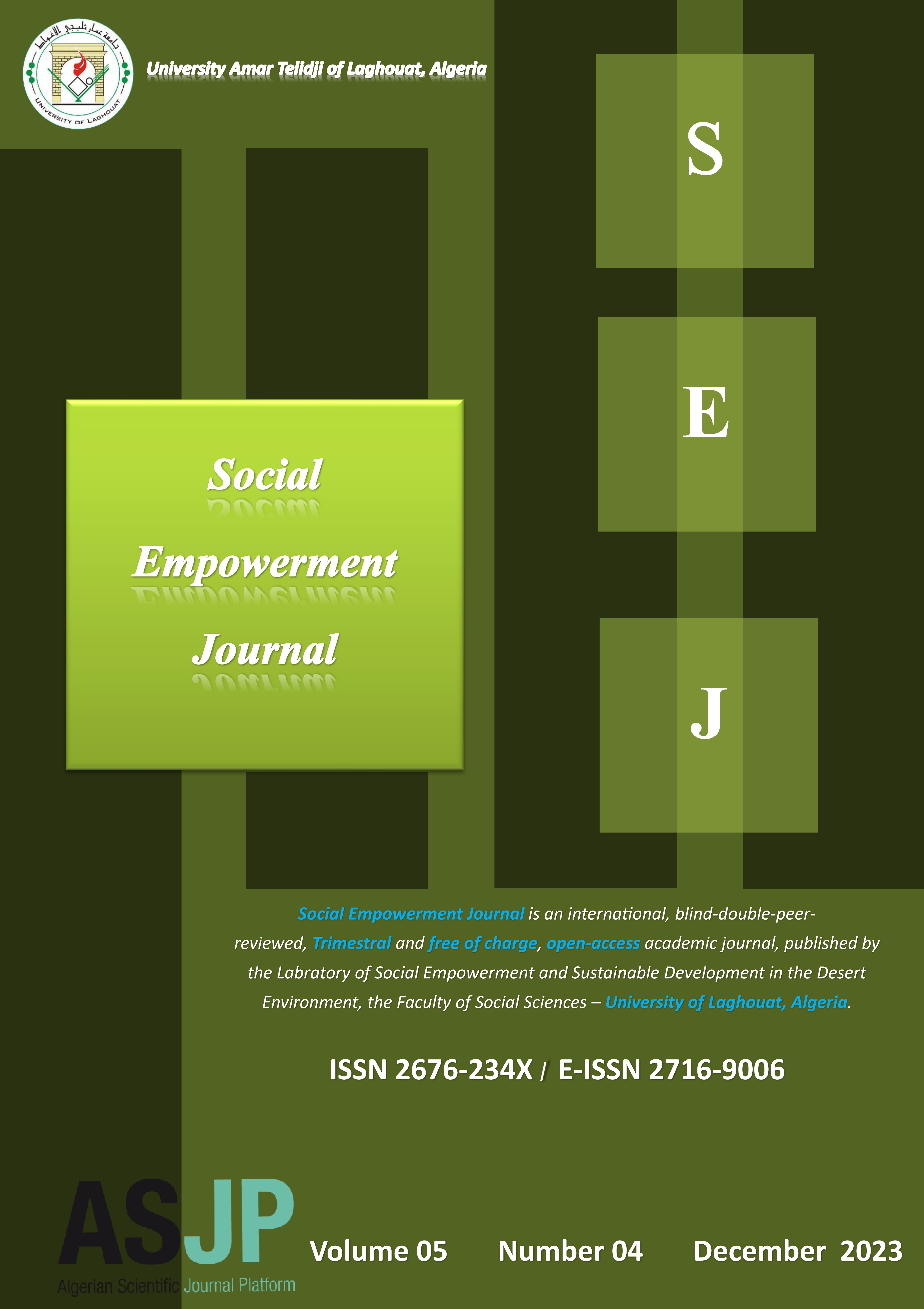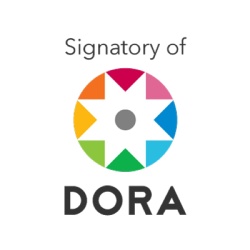فاعلية التعلم المدمج القائم على الألعاب الإلكترونية في زيادة دافعية الطلبة نحو تعلم الرياضيات
الملخص
هدفت الدراسة للكشف عن فاعلية استخدام التعلم المدمج القائم على الألعاب الإلكترونية في زيادة دافعية طلاب الصف الخامس نحو تعلم الرياضيات، استخدم الباحث المنهج الشبه التجريبي. وبلغت عينة الدراسة 76 طالباً من طلاب الصف الخامس الأساسي من مدرسة الإمام الحسن بن سعيد السحتني للتعليم الأساسي للبنين (5-12) بسلطنة عمان. ولإجراءات الدراسة تم اعداد برنامج تعليمي قائم على الألعاب الإلكترونية، ومقياس دافعية الطلبة نحو تعلم الرياضيات. توصلت الدراسة الى وجود فروق ذات دلالة إحصائية لصالح التطبيق البعدي لمقياس الدافعية نحو تعلم الرياضيات، حيث بلغ المتوسط الحسابي للمقياس في التطبيق القبلي (2,73)، وفي التطبيق البعدي بلغ المتوسط الحسابي (4,13)، أي بفارق وقدره (1,4) لصالح التطبيق البعدي. وفي ضوء نتائج الدراسة أوصى الباحثين بعدة توصيات أهمها تشجيع المعلمين على استخدام التعليم المدمج القائم على الألعاب الإلكترونية لما له من دور في تحسين دافعية الطلاب نحو تعلم الرياضيات وكذلك عمل أنشطة متنوعة وتفاعلية للطلاب عن طريق الألعاب التعليمية الإلكترونية، ومن المهم كذلك عقد دورات ومشاغل تدريبية لمعلمي الرياضيات تهدف إلى تطوير ممارساتهم التدريسية.
التنزيلات
المراجع
Abed, A. S. (2012). Effect of the Use of the Generative Learning Model on Basic-Stage Students’ Mathematical Problem Solving and Motivation toward Learning Mathematics. Journal of Educational and Psychological Studies (JEPS), 6(2), 1–16. https://academia-arabia.com/ar/reader/2/42201
Al Badi, A. A., El, M., Osman, T., Abdo, &, & Al-Mekhlafi, M. (2020). The Impact of Virtual Writing Tutor on Writing Skills and Attitudes of Omani College Students. Journal of Education and Development, 4(3), 101. https://doi.org/10.20849/JED.V4I3.828
Al Kharusi, A., Al Mawali, I., & Al Hadrami, A. (2022). The level of satisfaction of eleventh-grade students with the experience of e-learning through the Google Classroom platform in light of the Covid-19 pandemic: the experience of Asiyah Bint Muzahim School as a model. Palestine Technical University Research Journal (PTURJ). https://rj.ptuk.edu.ps/index.php/pturj/article/view/328/187
Alkan, S. çuk, & Korkmaz, E. (2021). Analysis of Digital Games Related to Mathematics Education with Deconstructing. World Journal of Education, 11(2), 46–55. https://doi.org/10.5430/wje.v11n2p46
Chang, C.-Y., & Hwang, G.-J. (2019). Trends in digital game-based learning in the mobile era: a systematic review of journal publications from 2007 to 2016. Int. J. Mobile Learning and Organisation, 13(1), 68–90. https://doi.org/10.1504/IJMLO.2019.096468
Dayo, N. A., Alvi, U., & Asad, M. M. (2020). Mechanics of Digital Mathematics Games for Learning of Problem-Solving: An Extensive Literature Review. 2020 International Conference on Emerging Trends in Smart Technologies, ICETST 2020. https://doi.org/10.1109/ICETST49965.2020.9080715
Fadda, D., Pellegrini, M., Vivanet, G., & Zandonella Callegher, C. (2022). Effects of digital games on student motivation in mathematics: A meta-analysis in K-12. Journal of Computer Assisted Learning, 38(1), 304–325. https://doi.org/10.1111/JCAL.12618
Heilporn, G., Lakhal, S., & Bélisle, M. (2021). An examination of teachers’ strategies to foster student engagement in blended learning in higher education. International Journal of Educational Technology in Higher Education, 18(1), 1–25. https://doi.org/10.1186/S41239-021-00260-3/TABLES/5
Kumar, A., Krishnamurthi, R., Bhatia, S., Kaushik, K., Ahuja, N. J., Nayyar, A., & Masud, M. (2021). Blended Learning Tools and Practices : A Comprehensive Analysis. IEEE Access, 9, 85151–85197. https://doi.org/10.1109/ACCESS.2021.3085844
Ma, L., & Lee, C. S. (2021). Evaluating the effectiveness of blended learning using the ARCS model. Journal of Computer Assisted Learning, 37(5), 1397–1408. https://doi.org/10.1111/JCAL.12579
Manginas, G., & Nikolantonakis, C. (2018). THE CONTRIBUTION OF MATHEMATICS ONLINE GAMES TO QUALITIVE DIFFERENTIATION AND INTRINSIC MOTIVATION OF STUDENTS WITH MILD INTELLECTUAL DISABILITIES. European Journal of Special Education Research, 0(0). https://doi.org/10.46827/EJSE.V0I0.1404
Moyer-Packenham, P. S., Lommatsch, C. W., Litster, K., Ashby, J., Bullock, E. K., Roxburgh, A. L., Shumway, J. F., Speed, E., Covington, B., Hartmann, C., Clarke-Midura, J., Skaria, J., Westenskow, A., MacDonald, B., Symanzik, J., & Jordan, K. (2019). How design features in digital math games support learning and mathematics connections. Computers in Human Behavior, 91, 316–332. https://doi.org/10.1016/J.CHB.2018.09.036
Prilop, C. N., Weber, K. E., & Kleinknecht, M. (2021). The role of expert feedback in the development of pre-service teachers’ professional vision of classroom management in an online blended learning environment. Teaching and Teacher Education, 99, 103276. https://doi.org/10.1016/J.TATE.2020.103276
Skala, J. (2019). The Effects of Digital Games on Engagement and Motivation. Masters of Arts in Education Action Research Papers. https://sophia.stkate.edu/maed/313
Toh, W., & Lim, F. V. (2020). Using Video Games for Learning : Developing a Metalanguage for Digital Play. Https://Doi.Org/10.1177/1555412020921339, 16(5), 583–610. https://doi.org/10.1177/1555412020921339
Vallee, A., Blacher, J., Cariou, A., & Sorbets, E. (2020). Blended Learning Compared to Traditional Learning in Medical Education : Systematic Review and Meta-Analysis. J Med Internet Res 2020 ;22(8) : E16504 Https://Www.Jmir.Org/2020/8/E16504, 22(8), e16504. https://doi.org/10.2196/16504
Zabala-Vargas, S., García-Mora, L., Arciniegas-Hernández, E., Reina-Medrano, J., de Benito-Crosetti, B., & Darder-Mésquida, A. (2022). Strengthening motivation in the mathematical engineering teaching processes- A proposal from gamification and game-based learning. International Journal of Emerging Technologies in Learning, 16(6), 4–19. https://doi.org/10.3991/IJET.V16I06.16163.

هذا العمل مرخص حسب الرخصة Creative Commons Attribution-NonCommercial 4.0 International License.









